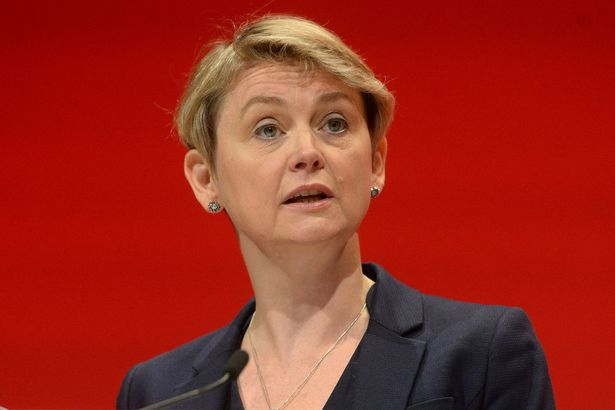Google’s reassurances aren’t satisfying enough companies.  Now, the web giant is bleeding millions of dollars in ad revenue.
In response to a growing advertising pulling out of YouTube, a Google spokeswoman said yesterday,
“We don’t comment on individual customers, but as announced, we’ve begun an extensive review of our advertising policies and have made a public commitment to put in place changes that give brands more control over where their ads appear. We’re also raising the bar for our ads policies to further safeguard our advertisers’ brands.â€
Yet, for most companies, Google’s response doesn’t go far enough.
Last Friday, The Times published an article that infuriated hundreds of companies, including the UK government.  Writer Alexi Mostrous found that, despite Google’s best efforts, major advertisers appeared alongside extremist videos on YouTube. Government-funded advertisements also appeared in videos from extremists banned by the UK government.
After Mostrous published the article, top European companies completely pulled out of advertising on Google and YouTube. Â The UK government ceased all advertisements on YouTube, with ministers summoning the web giant.
Now, major American companies have also followed suit. Verizon, AT&T, and Johnson & Johnson have suspended advertising.
In a statement, a Verizon spokeswoman said,
“Verizon is one of the largest advertisers in the world, and one of the most respected brands.  We take careful measure to ensure our brand is not impacted negatively.  Once we were notified that our ads were appearing on non-sanctioned websites, we took immediate action to suspend this type of ad placement and launched an investigation.  We are working with all of our digital advertising partners to understand the weak links so we can prevent this from happening in the future.â€
Johnson & Johnson had once worked closely with Google. Â Last year, the company embraced Google marketing teams. Â In October, Gail Horwood, VP of worldwide digital strategy for Johnson & Johnson, said,
“We all consider ourselves part of one team. There aren’t defined lines.â€
Now, in an emailed statement, a company spokeswoman said this:
“The Johnson & Johnson Family of Consumer Companies takes this matter very seriously, and we have made the decision to pause all YouTube digital advertising globally to ensure our product advertising does not appear on channels that promote offensive content.  We will conti
nue to take every measure to ensure our brand advertising is consistent with our brand values.â€
Not convinced by Google’s reassurances, an AT&T spokesperson said,
“Until Google can ensure this won’t happen again, we are removing our ads from Google’s non-search platforms.â€
AT&T, Johnson & Johnson, and Verizon join an ever-growing list of companies boycotting Google’s YouTube.
Last week, Volkswagen, Toyota, UK newspaper The Guardian, and Heinz froze spending on the top video platform. Pharmaceutical giant GSK, HSBC, the Royal Bank of Scotland, and L’Oreal had also pulled ads.
Mizuho and Bank of America Merrill Lynch issued a warning to Google investors on Thursday. Â While both consider the stock still worth purchasing, Google may take a strong hit financially.
Mizuho managing director Neil Doshi wrote,
“However, if Google does not nip this issue in the bud, we think there could be broader repercussions around YouTube’s brand, if consumers, creators and advertisers stop coming to the site.â€
Bank of America Merrill Lynch estimates that each 1 percent loss in global revenue equals to around $200 million annually, or $16 million a month.  They noted that it is difficult to predict how the issue would affect Google in the long run. They also believe advertisers will eventually return to the company.
“We would expect many advertisers to return to Google over the next few months as ad controls are improved, but it could take several quarters for spend levels to return to normal.â€
Doshi agreed.  Mizuho believes that if the issue affects 10% of Google’s revenue, it may only decrease the company earns per share $0.15 this year.  This would amount to a little under 1% of overall value.



















